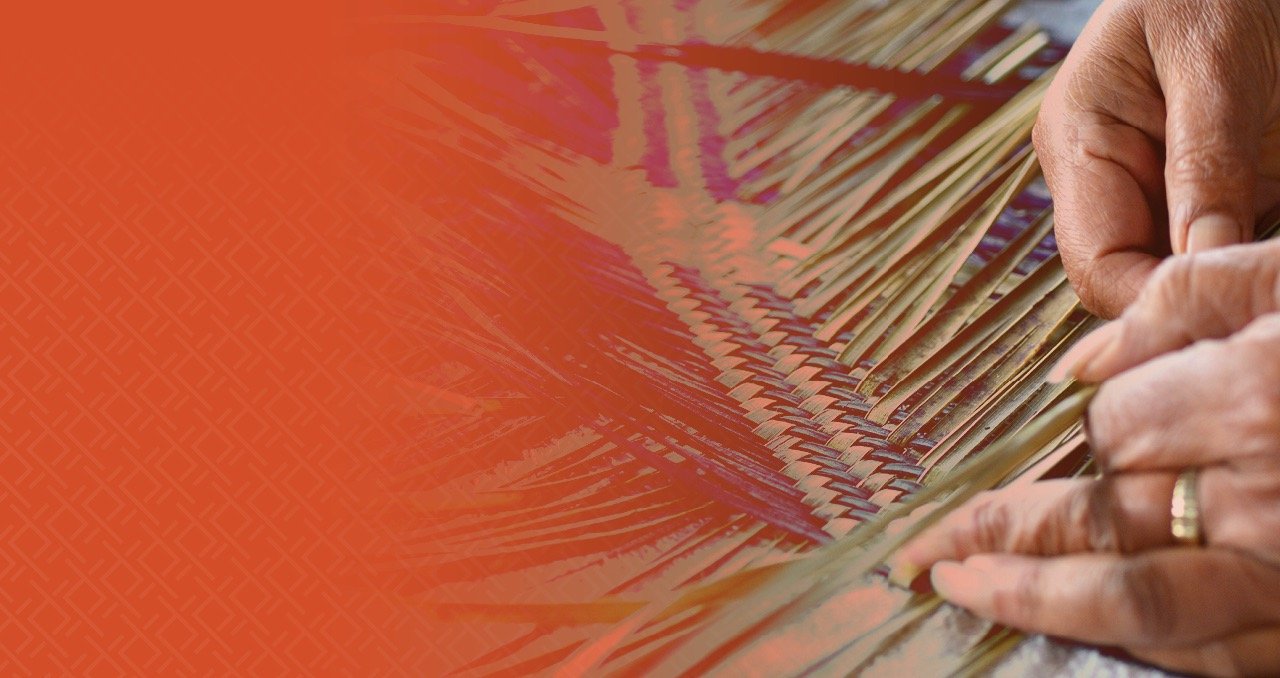
Creative Leadership
Creative Leadership Programme
The Creative Leadership Programme aims to foster a powerful movement of wāhine and irawhiti activators within the creative sector, bringing together extraordinary practitioners from across theatre, film, visual arts, literature and community arts.
The rōpū participate in a series of intensive wānanga and one-on-one mentorship especially crafted to support them in their mahi. Alongside guest speakers and mentors, they share their knowledge and perspectives, forging imaginative and people-focused ways forward.
